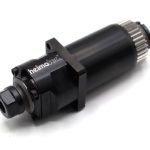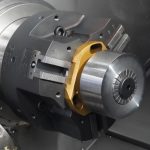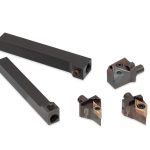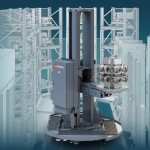5 questions for Rachel Ciullo
5 questions for Rachel Ciullo
CTE Managing Editor Greg Bartlett spoke with Rachel Ciullo, owner and president of toolmaker Composite Cutter Technology Inc., Volo, Illinois, about her business and life. The company manufactures PCD cutting tools, PCD wear parts and precision-machined parts for customers in automotive, aerospace, electronics, optical and other industries.
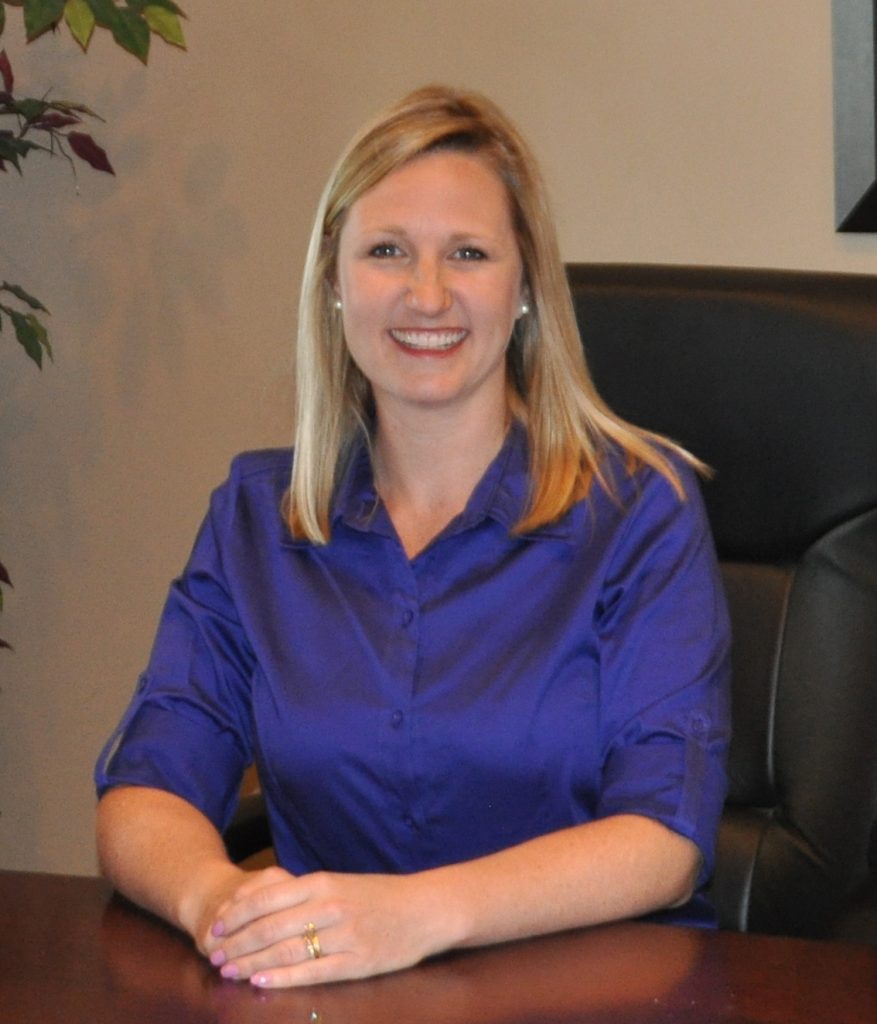
CTE Managing Editor Greg Bartlett spoke with Rachel Ciullo, owner and president of toolmaker Composite Cutter Technology Inc., Volo, Illinois, about her business and life. The company manufactures PCD cutting tools, PCD wear parts and precision-machined parts for customers in automotive, aerospace, electronics, optical and other industries.
Cutting Tool Engineering: What led your father, Glenn Isaacson, to found Composite Cutter Technology in 1983, and what are the challenges and rewards of taking over a company started by family?
Ciullo: My dad has always been a problem solver. As part owner of another cutting tool manufacturing company in 1983, he became intrigued by PCD. He liked the science and precision behind it and wanted to work with PCD because it was new and challenging. So he sold his stake in the former company and established Composite Cutter Technology. Working directly with diamond suppliers to determine the best uses and techniques for machining PCD, he quickly became an industry leader and innovator.
On one hand, taking over the family business is easier to navigate because it is family and we have a long history together, although sometimes managing that history can be tricky. For example, changing things that have been done a certain way for a long time—well, sometimes you may get pushback.
On the other hand, if I were working for someone else as an engineer, my position wouldn't be as risky. As the owner, I am ultimately responsible for all decisions. Sometimes, separating the personal and professional aspects of my life can be difficult. We talk shop all of the time, which is a reward, as is the knowledge and passion for precision that we share. But for a family that is not directly involved in the business, it could become a distraction. I consider myself very fortunate to be able to maintain the CCT legacy and have the family's support.
My dad is still involved on the board but is retired from day-to-day activities. I believe that he always intended for me to take over the business, but of course he needed to see if I had the interest, the knowledge and the skills to do so. There was a verbal succession plan for years, which guided the choice of my college and major. I continued to work in different aspects of the business, even throughout college, so stepping into the business became more and more real. I had to learn different areas of the business as he was nearing retirement. By 2010, I assumed all responsibilities—financial, marketing, customer relations and product development—and he shifted his attention strictly into R&D, his true passion, until his retirement. This year, we received official certification as a women's business enterprise and a women-owned small business.
CTE: You've been involved with the company since it was founded when you were a child, and you're a woman in a position of power in a male-dominated industry. What has that experience been like for you, and what kind of evolution have you witnessed in terms of gender relations during your career and life?
Ciullo: When it comes to gender bias, I was naive to it when I was younger. Since I grew up around manufacturing, we talked tools and engineering all of the time. That was normal. Obviously, I noticed that there were a lot of men around, but it didn't really affect me. I was used to it. Since I shared a lot of the same passions and characteristics with my dad, I believed that this was just how business was done. It never occurred to me that I was somehow different. Stereotypes became apparent to me when I went to college, and I've been more aware of them since.
Working in the field, I'm frequently asked about stereotypes. But since I grew up with engineering and manufacturing, I can't really speak to the experiences of other women. Now that I'm a business owner, though, I can fully appreciate that gender challenges still exist. My professional goal is to demonstrate by example and by excellence that those biases have no foundation. They didn't for me. I didn't go into engineering because I wanted to prove that a woman could do it. I did it because I love engineering, solving problems and serving customers.
It can be a little disconcerting to get raised eyebrows or that subtle, skeptical look from people—both men and women—just because I am a degreed engineer and own a manufacturing company. When people have that surprised reaction, I've discovered that the best way to deal with it is to quickly focus on the issue they're having, discuss the tool that they're interested in or identify the challenge that they are facing. Once we're speaking about their specific needs, our conversations never seem to go back to questions about competency or gender stereotypes.
Gender stereotypes are a bit curious to me because the challenges that we face in manufacturing are exactly the same whether you're a man or a woman. Solving fabrication issues, improving processes, calculating tolerances, determining machine capabilities and listening to the details of what our clients really want—those are the challenges we all face, and none of those are gender-specific at all.
CTE: What is next for your company?
Ciullo: This is an exciting time for us. There are so many new technologies invented every day and new materials and applications to explore. We're leveraging our new certifications. We're working with strategic partners on some new opportunities, so we'll see where those lead. Developing new solutions for common problems in manufacturing and expanding our markets are a priority as we analyze new trends and possibilities.
At CCT, we love what we do. We are proud of the relationships that we've built over the last 35 years with customers, suppliers and vendors. Our business has been built primarily on referrals, which speaks volumes about the quality of our products and customer service. Having a strong commitment to precision, quality and excellence is the solid foundation on which my father started this business. Now it is my turn to apply those same principles to emerging markets, new industries, applications and opportunities.
Personally and professionally, I'm looking forward to continuing the family tradition. I am working hard to offer this legacy to my own children, should they have the interest and passion for the cutting-edge technology that is our family heritage.


